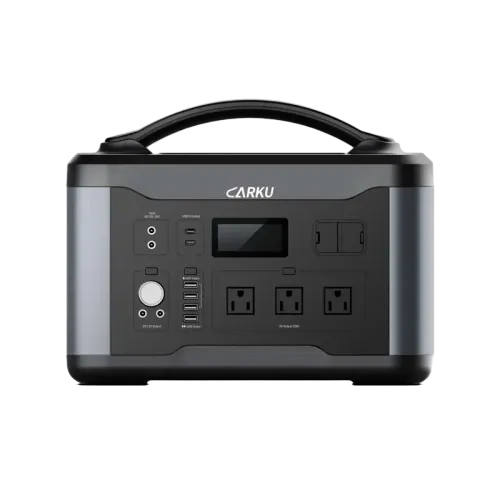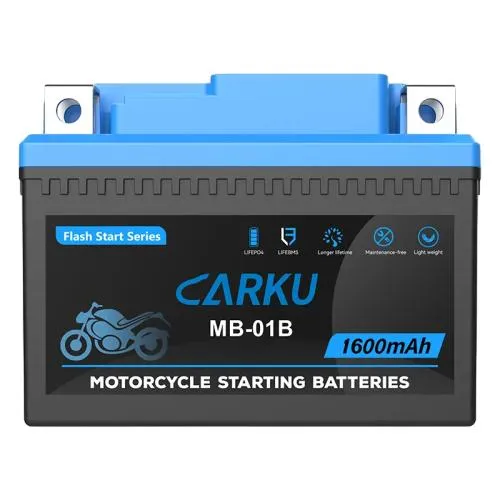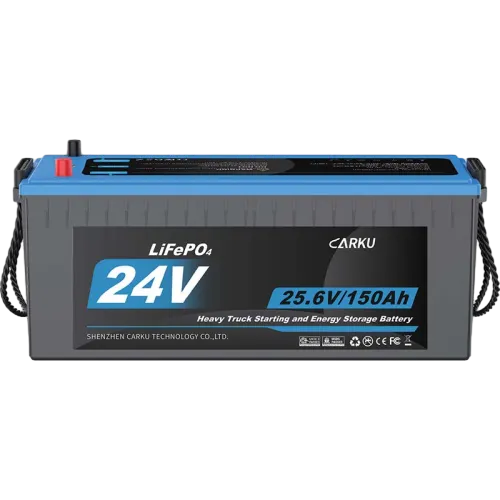Understanding key differences between a 3000W and a 3600W solar generator, such as watts vs. watt-hours, battery capacity, and runtime, helps you choose the right model for your needs. This guide compares their performance, shows how long each can power common devices like car refrigerators and rice cookers, and highlights key factors to consider before buying.
What Is a 3600 Watt Solar Generator And 3000 Watt Solar Generator?
A 3600 watt and 3000 watt solar generator are both high-capacity renewable power solutions designed to deliver clean, reliable energy for home backup, outdoor camping, or off-grid use. Both systems combine a solar battery, charge controller, inverter, and BMS to convert sunlight into usable electricity.
The 3000W portable solar generator can easily power standard and medium household appliances such as refrigerators, laptops, and power tools, while the 3600W solar generator provides higher output to run larger devices like air conditioners, induction cookers, or multiple appliances simultaneously.
Built with LiFePO4 battery technology, these solar generators are eco-friendly, ultra-quiet, and safe to use indoors-offering a sustainable alternative to traditional gas-powered generators that rely on fossil fuels and emit harmful fumes. The 3600W power station further extends runtime, supports faster solar charging, and offers enhanced versatility for whole-home backup or RV power systems.
What is Difference Between Watts VS Watt-hours in Solar Generator?
When discussing solar generators, understanding the difference between watts (W)and watt-hours (Wh) is essential. These two values describe different aspects of a generator's performance. Watts (W) represent power output-how much electrical load a solar generator can handle at once. For example, a 3600W solar generator can run multiple high-demand devices at the same time, such as a refrigerator, rice cooker, and air conditioner, as long as their combined power does not exceed 3600 watts.
Watt-hours (Wh), on the other hand, indicate battery capacity-how much energy is stored and how long the system can supply power. A 2816Wh model, for instance, can provide 2816 watts for one hour or smaller loads for longer periods.
How Long Does the 3600W and 3000W Solar Generator Run?
The runtime of a solar generator depends on two main factors: battery capacity (Wh) and the power consumption (W) of the unit. Both the 3000W and 3600W solar generators can power multiple household or outdoor appliances, but their durations vary depending on the load.
A 3000W solar generator, like the EcoFlow DELTA series, can run most essential home and outdoor appliances, including refrigerators (300–800W), microwave ovens (1000–2000W), washing machines (surge 1200–2300W ), and even space heaters (1500–2000W). It’s an ideal choice for emergency backup power or energy-saving home support, providing a balanced mix of power output and battery life.
By comparison, a 3600W / 2816Wh solar generator offers a higher continuous output and more stable performance, making it suitable for larger appliances and longer outdoor use. Here’s how long it can power different devices on a single charge:
-
60W Car Refrigerator: up to 42 hours
-
280W Juicer: around 9 hours
-
500W Rice Cooker: about 5 hours
-
840W Air Conditioner: roughly 3 hours
Image info: PB-91
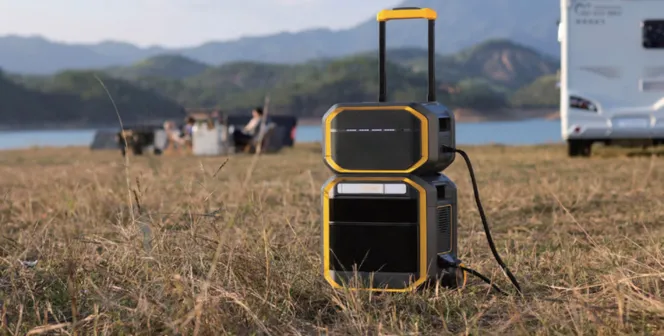
The 3600W model supports higher instantaneous loads, while its 2816Wh battery determines the duration for which those loads can be sustained.
What to Look For in a 3000-Watt and 3600-Watt Solar Generator?
Before purchasing a solar generator,it's essential to understand what features truly matter.While both 3000W and 3600W models deliver powerful off-grid energy solutions,their specifications can vary greatly in terms of performance,charging efficiency,and flexibility.Below are the main factors to consider when comparing them.
1.Battery Capacity
Battery capacity determines how long your generator can power your devices. A typical 3000W model comes with around 3000Wh of energy storage,suitable for running most family and out of doors essentials.
The Carku 3600W solar generator,however,features a 2816Wh LiFePO4 battery (880,000mAh) providing stable power for high-consumption electronics such as air conditioners, power tools, and cooking appliances. Its capacity strikes a balance between endurance and portability,ideal for home backup or RV travel.
2.AC Power Output
Power output defines how much energy you can use at once. A 3000W generator can easily handle most medium-sized household loads,while Carku's 3600W pure sine wave output offers higher efficiency and smoother current for sensitive electronics. With multi-voltage support(100V~230V)and dedicated RV 12V/25A ports,the Carku 3600W ensures versatility whether you're powering home devices,mobile workstations,or camper systems.
3.Charging Time
Fast charging is critical for continuous use. While many 3000W models take several hours to fully recharge,the Carku 3600W supports a 2200W AC input,reaching a full charge in just 1.5 hours-significantly reducing downtime. It also supports solar charging (12-80V/Max 800W)for clean,renewable recharging during out of doors or off-grid use.
4.Battery Type and Management System
Battery chemistry influences safety, longevity, and performance. Both 3000W and 3600W models typically use lithium-based batteries, but Carku upgrades to advanced LiFePO4 technology-known for long cycle life, thermal stability,and environmental safety. Additionally, it's equipped with LIFeBMS, Carku's patented battery management system, which provides real-time monitoring, overcharge protection, and extended battery lifespan.
5.Expandable Battery Options
For users needing extended runtime, the Carku 3600W offers an optional extra battery, effectively doubling total capacity and providing greater flexibility for long-term outdoor or home backup applications. This modular design ensures scalability without compromising portability.
6.Extra Functionalities
Unlike most standard generators, the Carku 3600W also includes a 12V car jump-start feature, making it a true versatile power station. It integrates multiple USB-C PD100W, QC3.0, and DC outputs, supporting a wide range of devices from laptops and drones to refrigerators and power tools—making it a genuine all-in-one solution.
Both the 3000W and 3600W solar generators are powerful, eco-friendly alternatives to traditional fuel-based generators.
Frequently Asked Questions
1. How Much Can a 3600 Watt Generator Power?
A 3600 watt solar generator can run most high-demand home and outdoor appliances simultaneously. The Carku 3600W solar generator delivers 3600W of continuous pure sine wave output, enough to power a refrigerator (300–800W), rice cooker (500W), air conditioner (800–1200W), or multiple devices at once up to a total of 3600 watts.
2. How Big a Solar Generator Do You Need to Run a House?
To power an entire house, you need a solar generator that combines high wattage output and expandable battery capacity. The CARKU 3600W Solar Generator provides reliable whole-home power with 2816Wh LiFePO4 energy storage, and when paired with the CARKU PB-91 second battery, the capacity doubles, extending runtime for all major appliances and lighting.

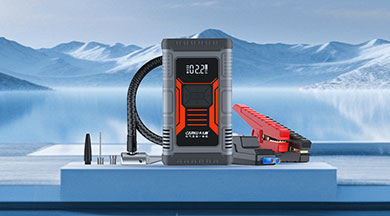





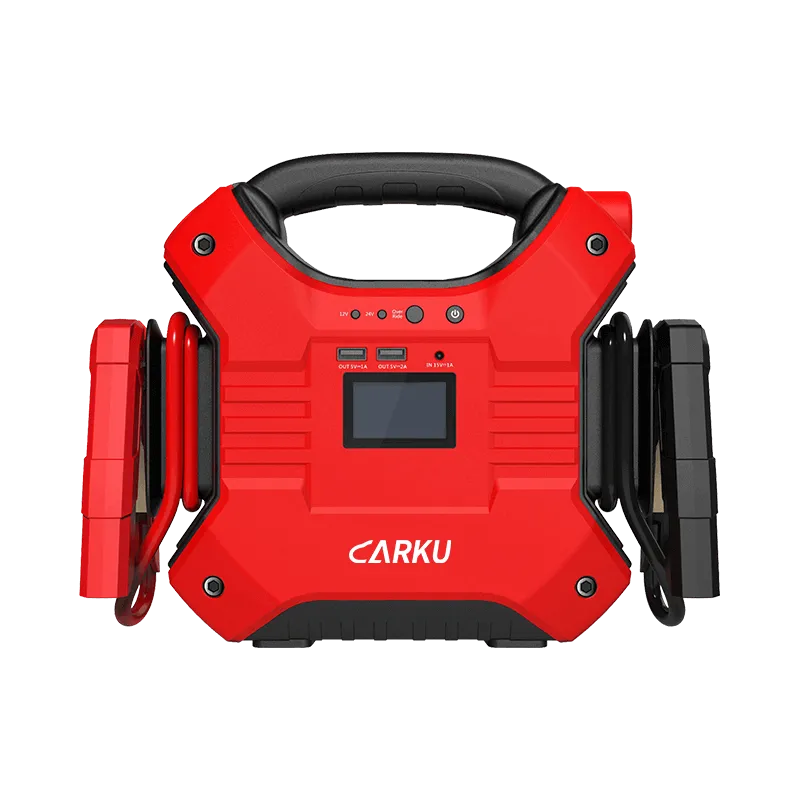
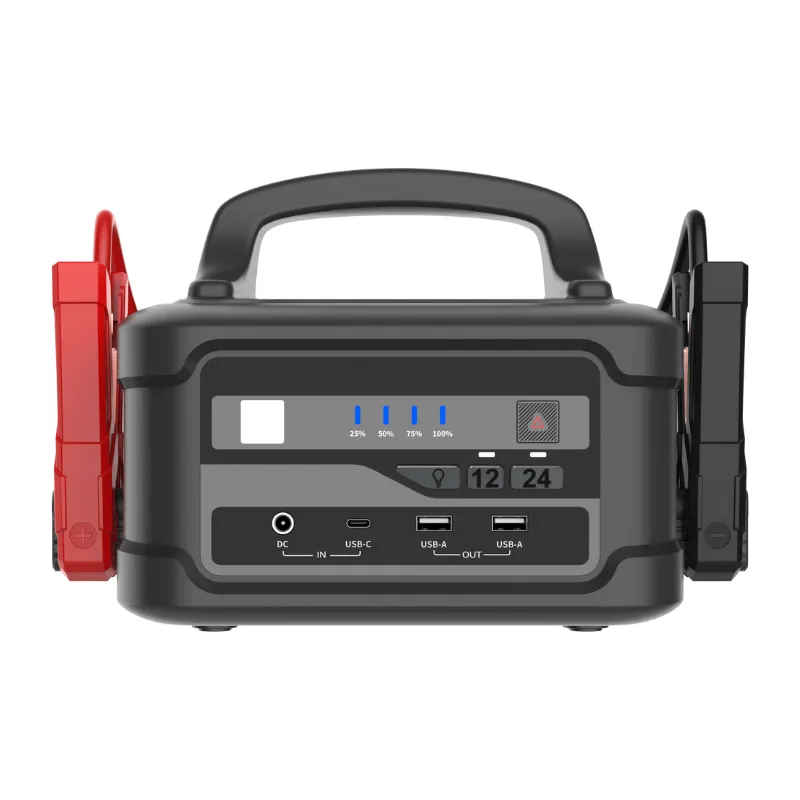
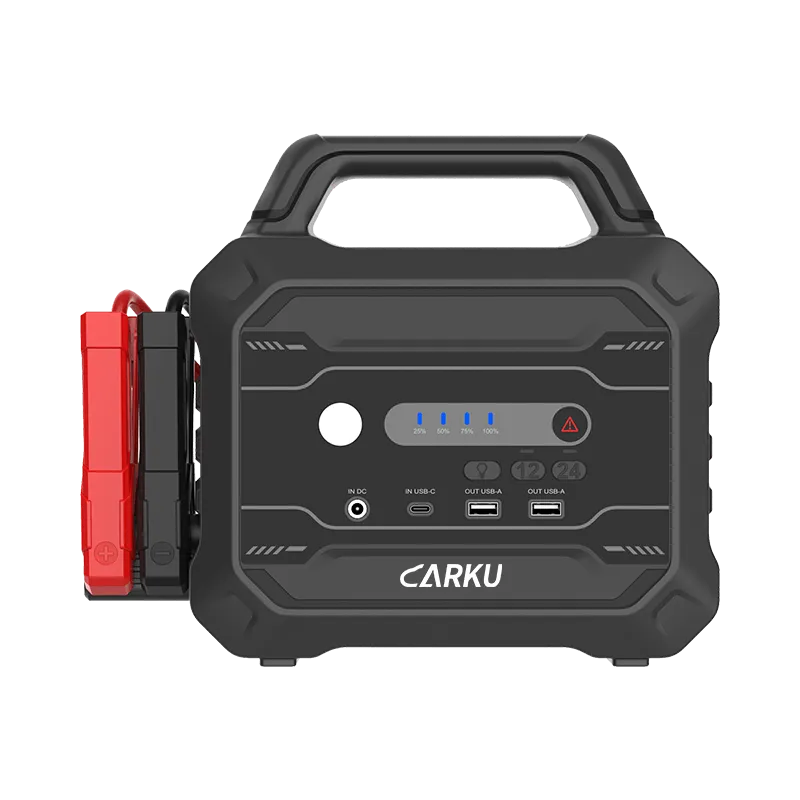
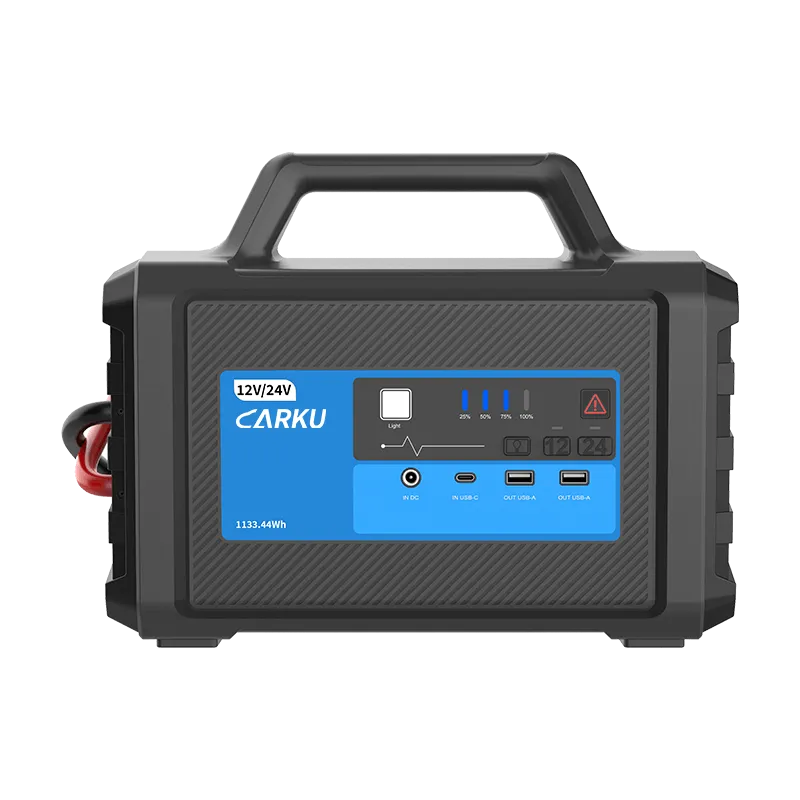
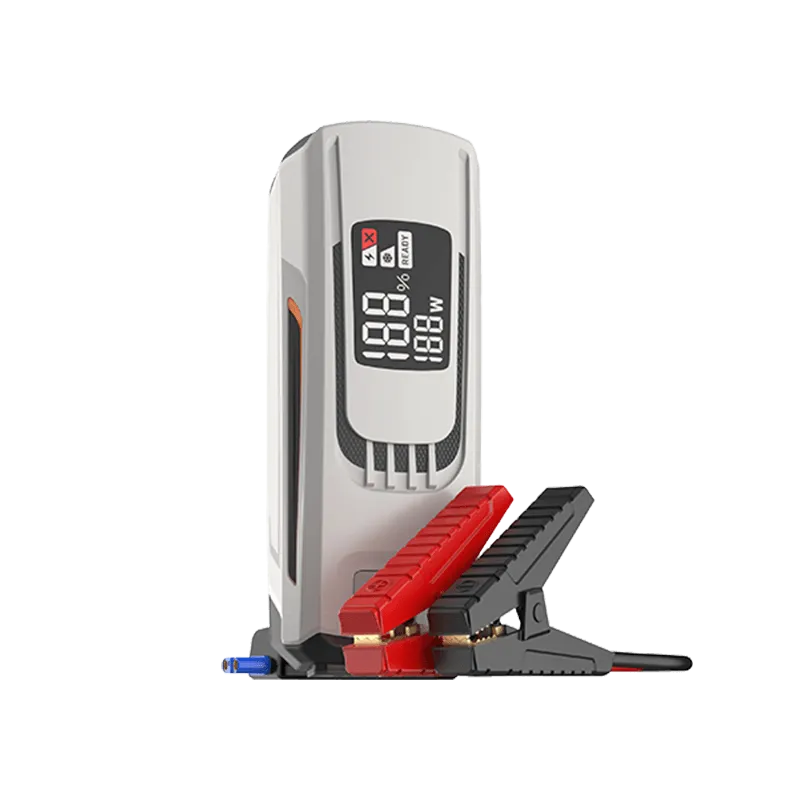
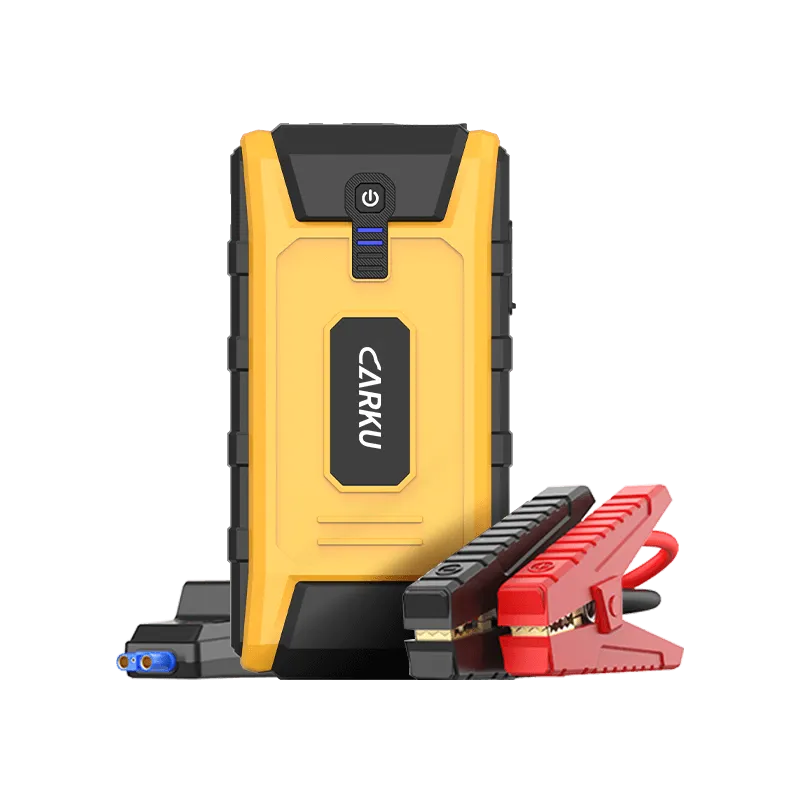
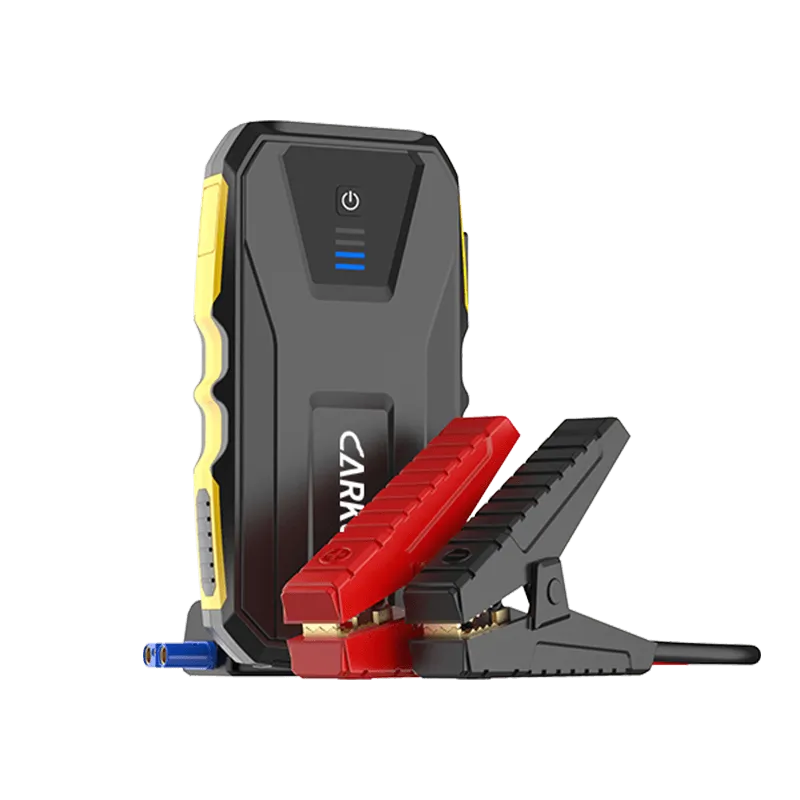
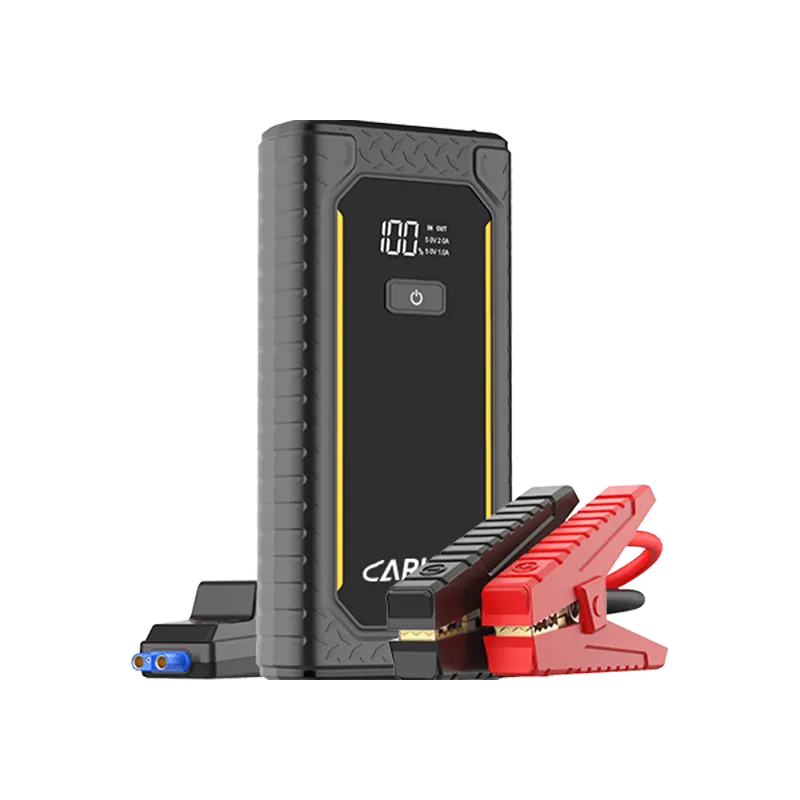
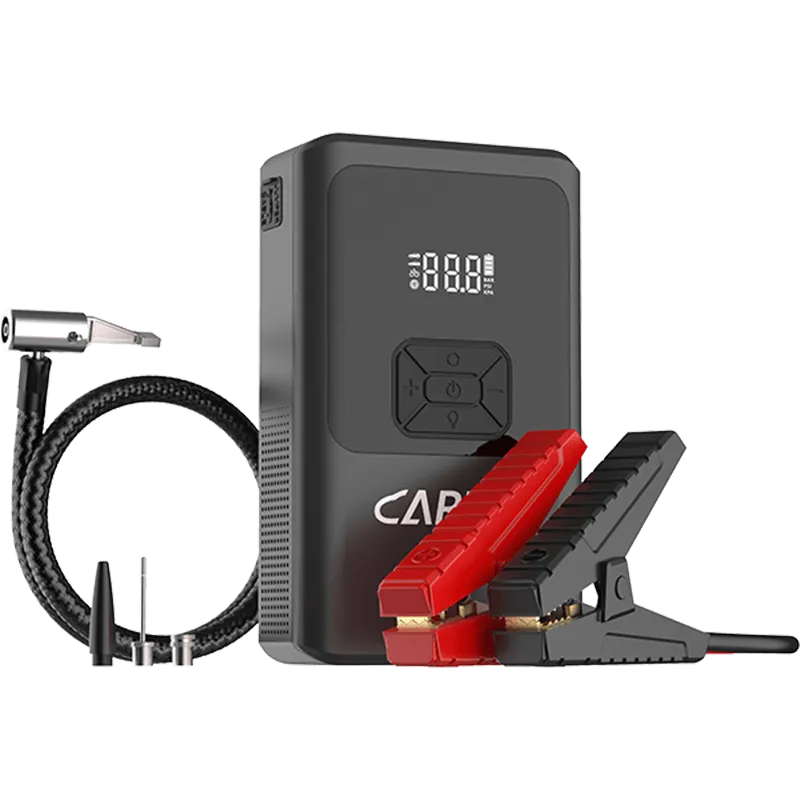
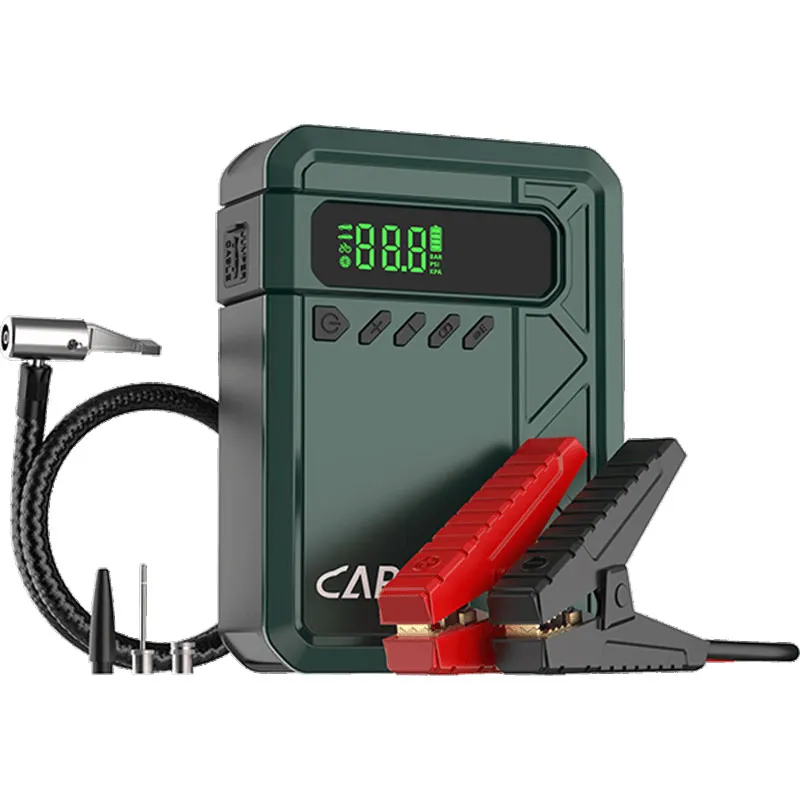
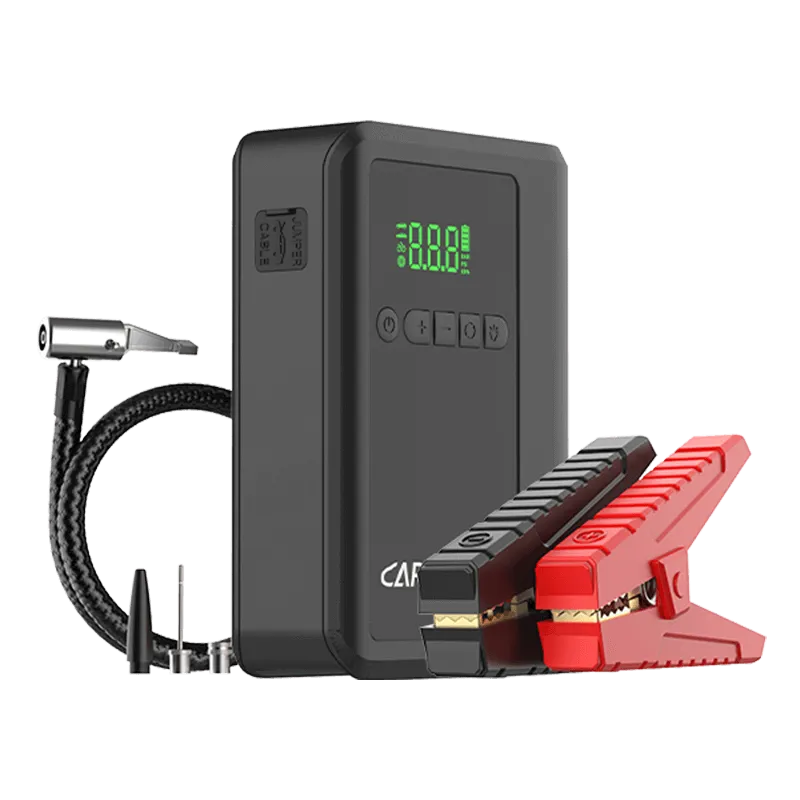
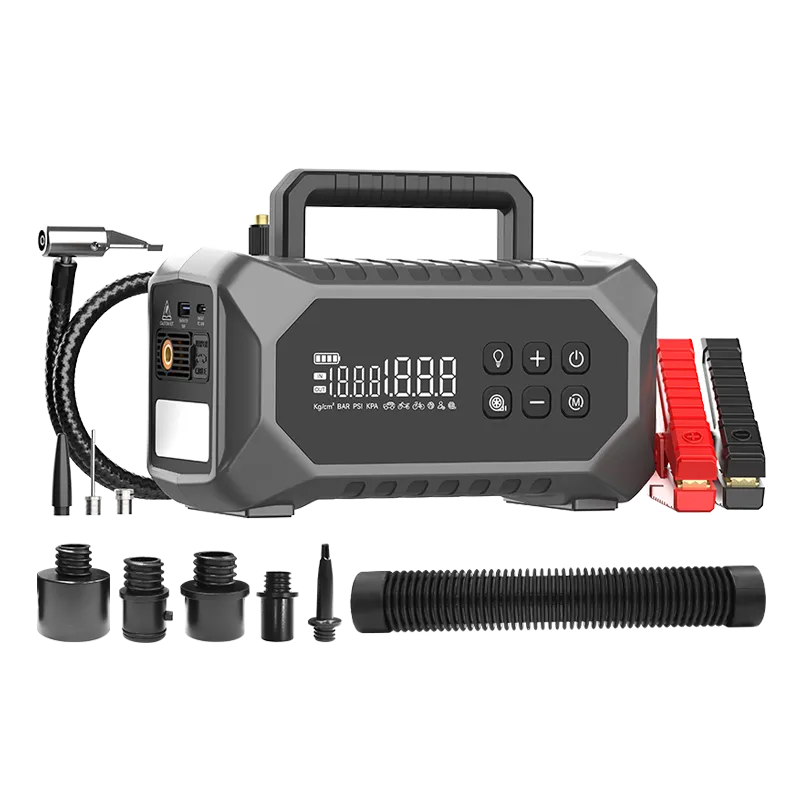
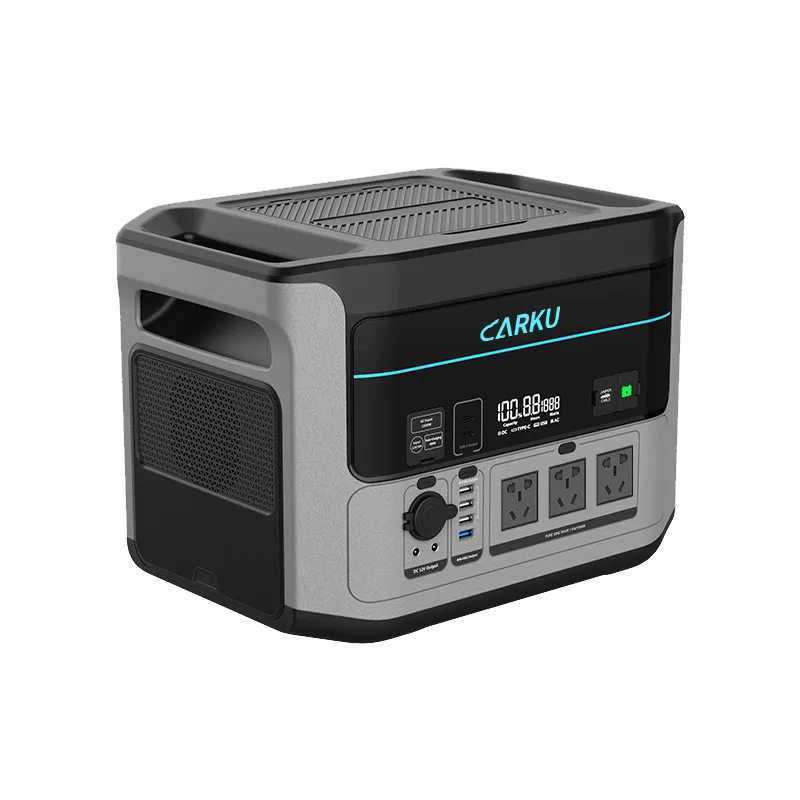
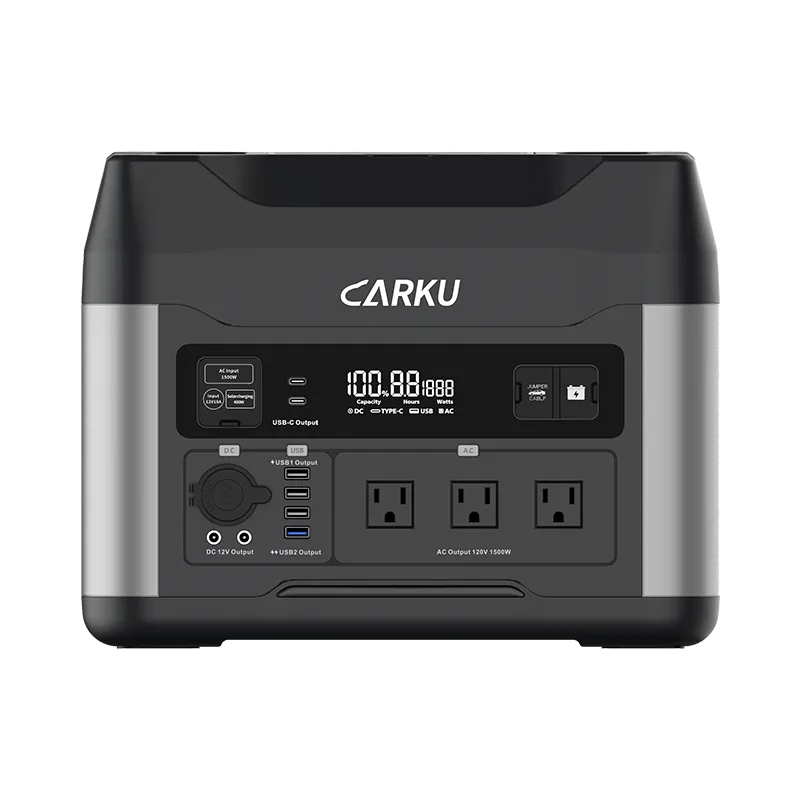
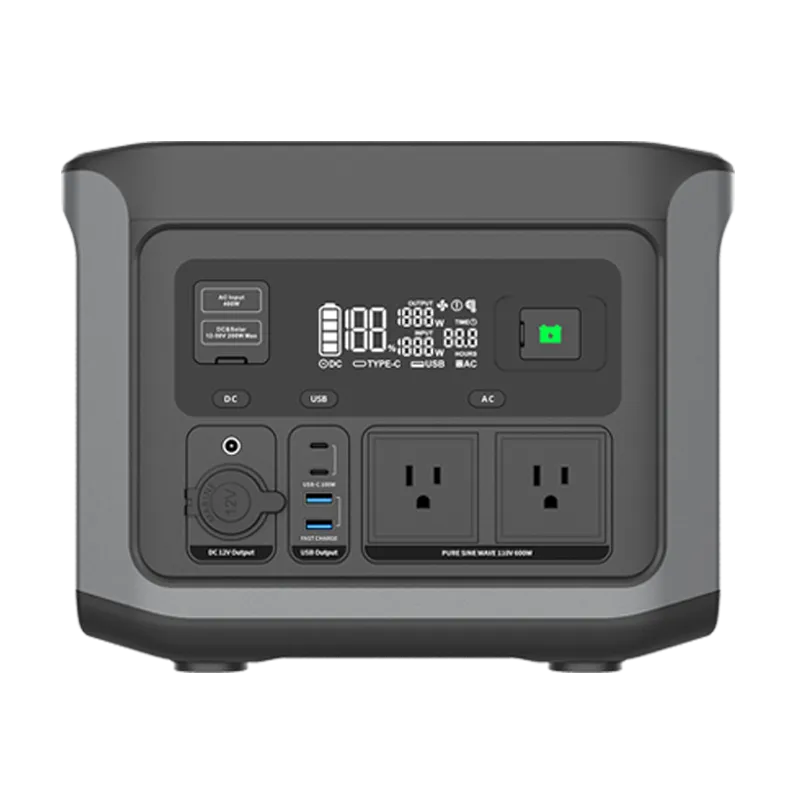
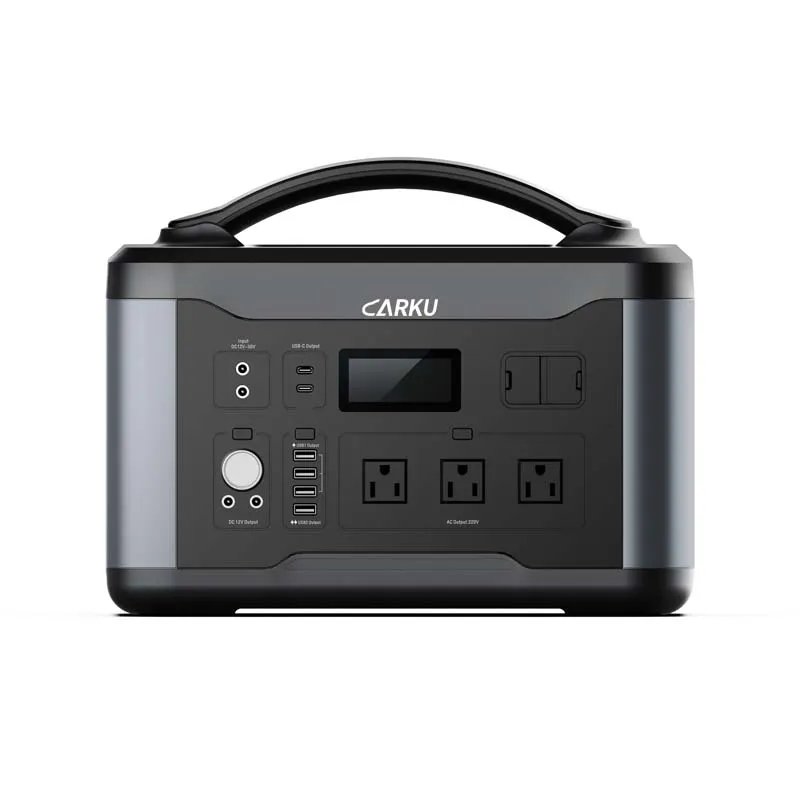
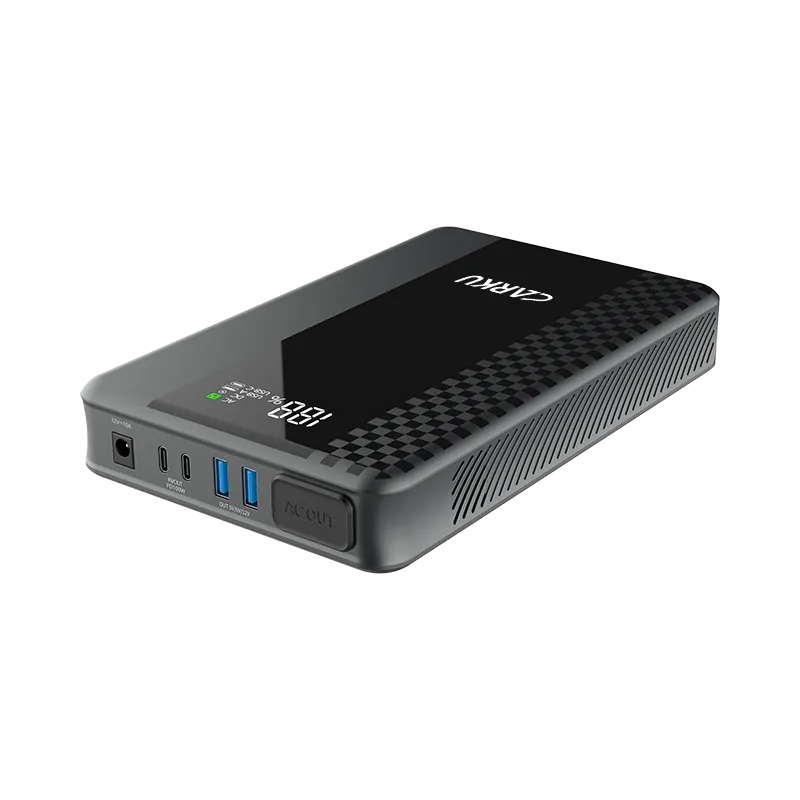
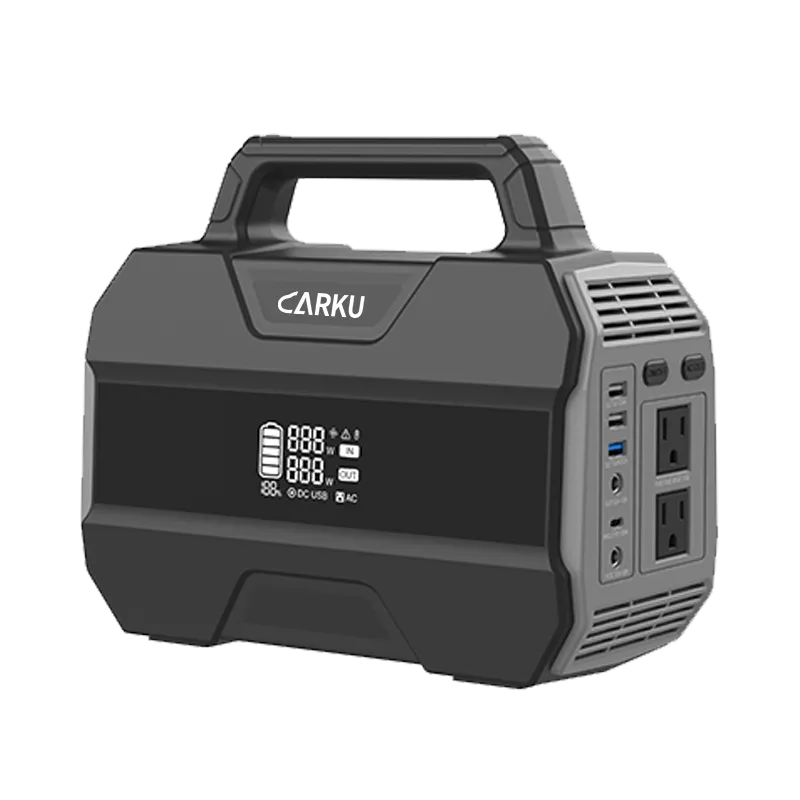
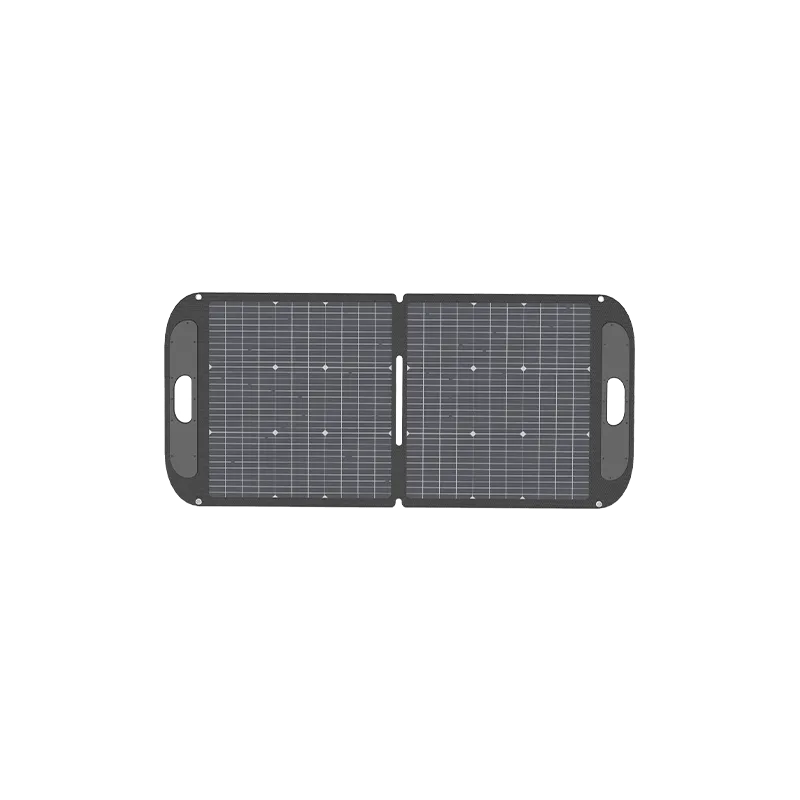
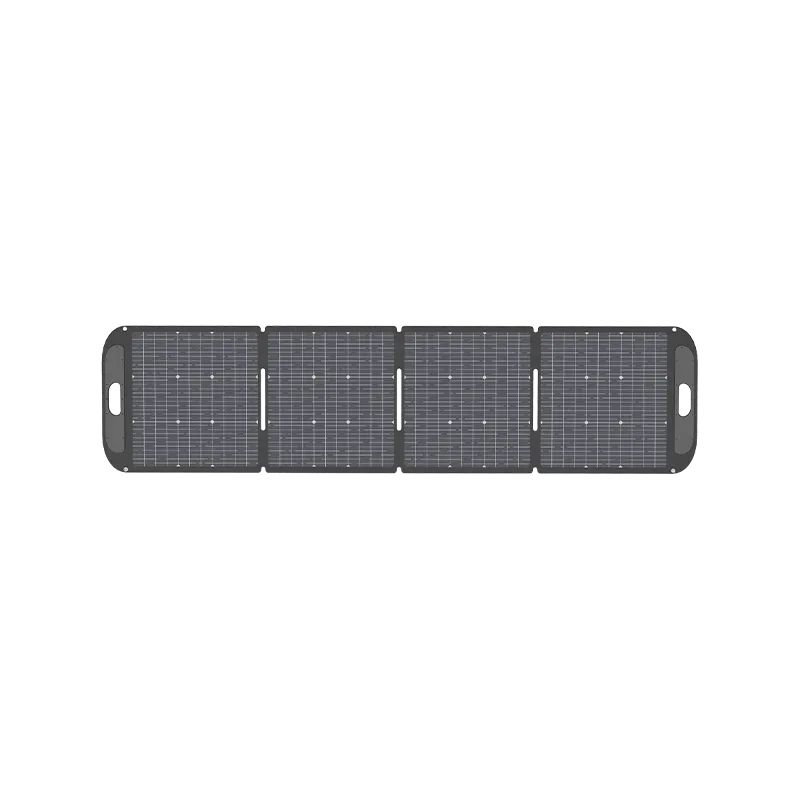
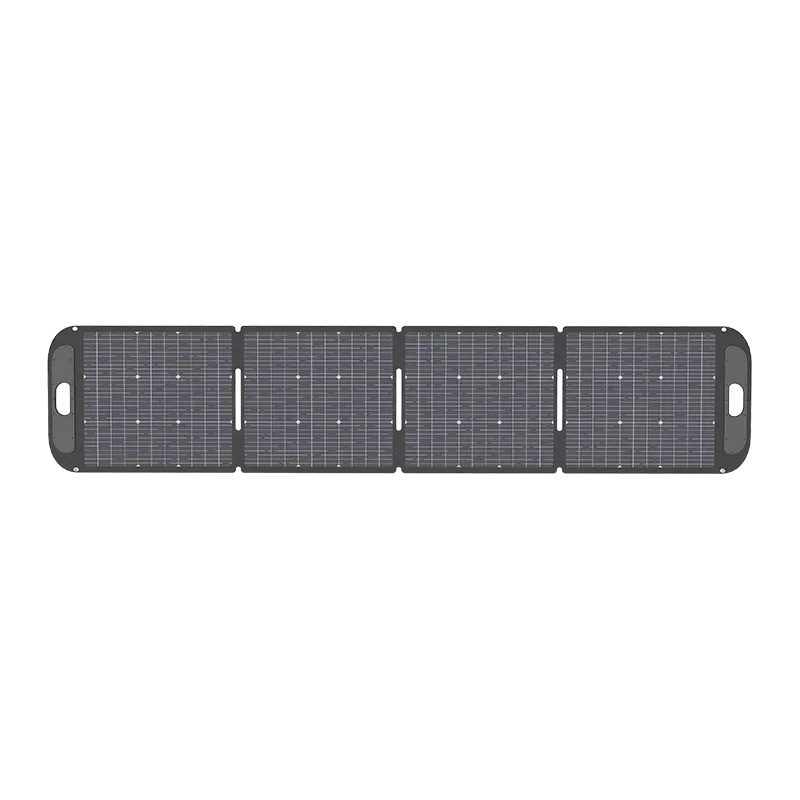
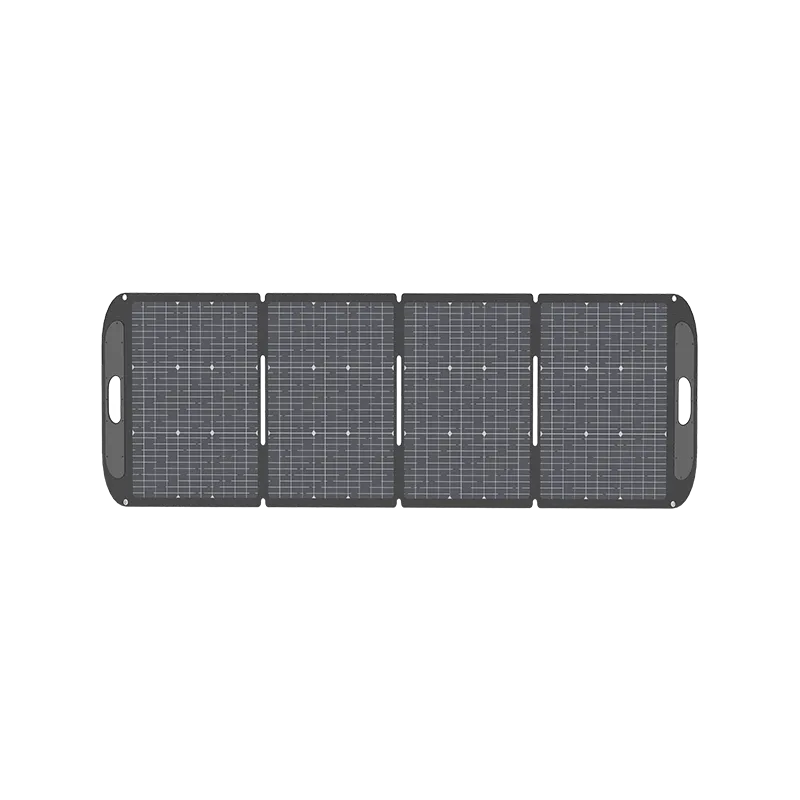
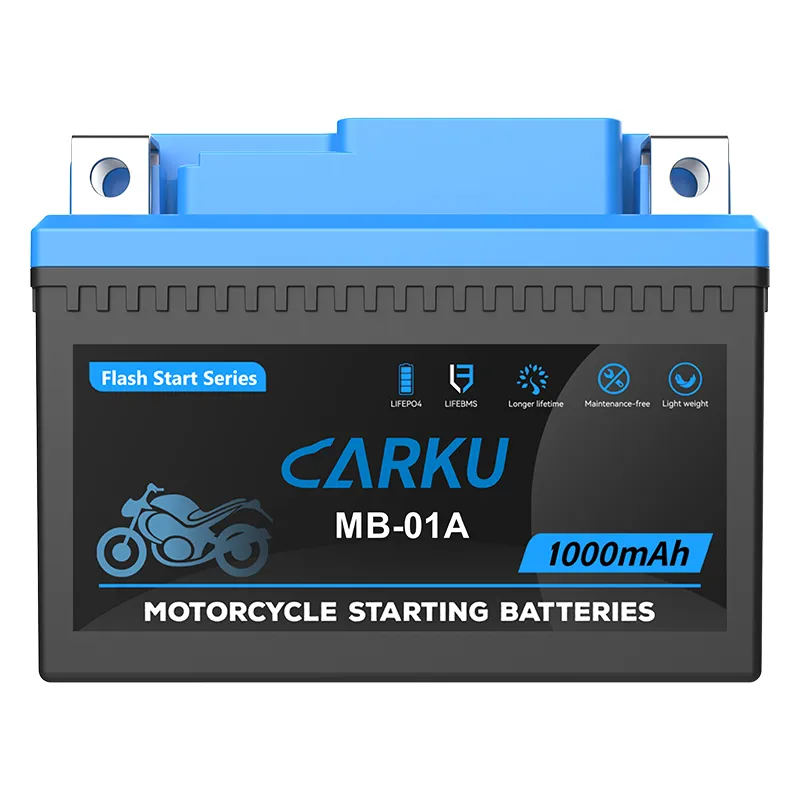
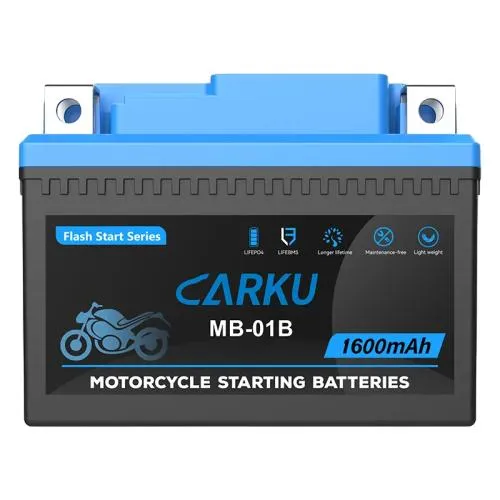
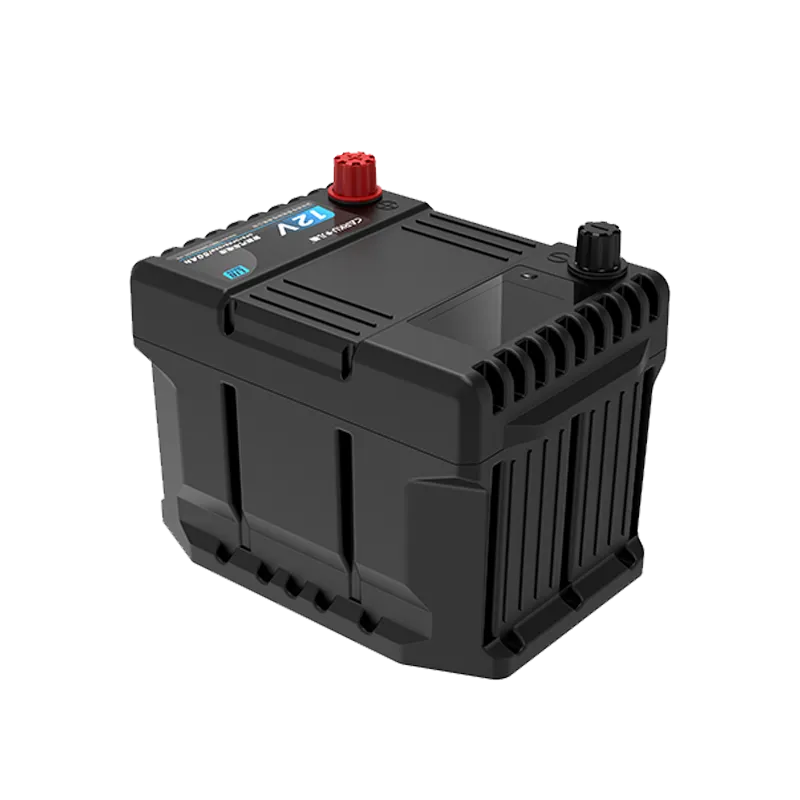
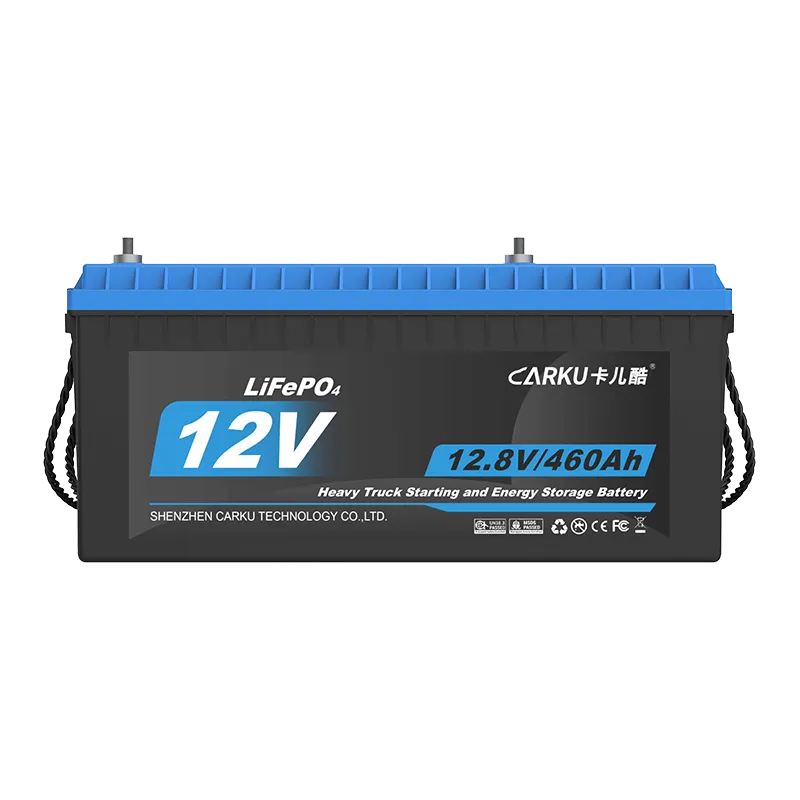
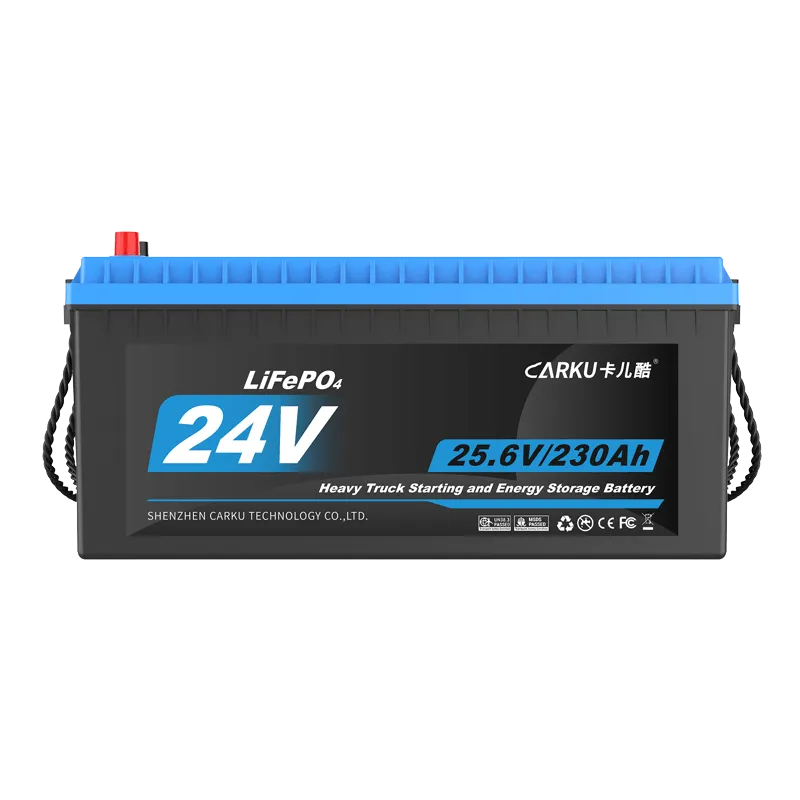
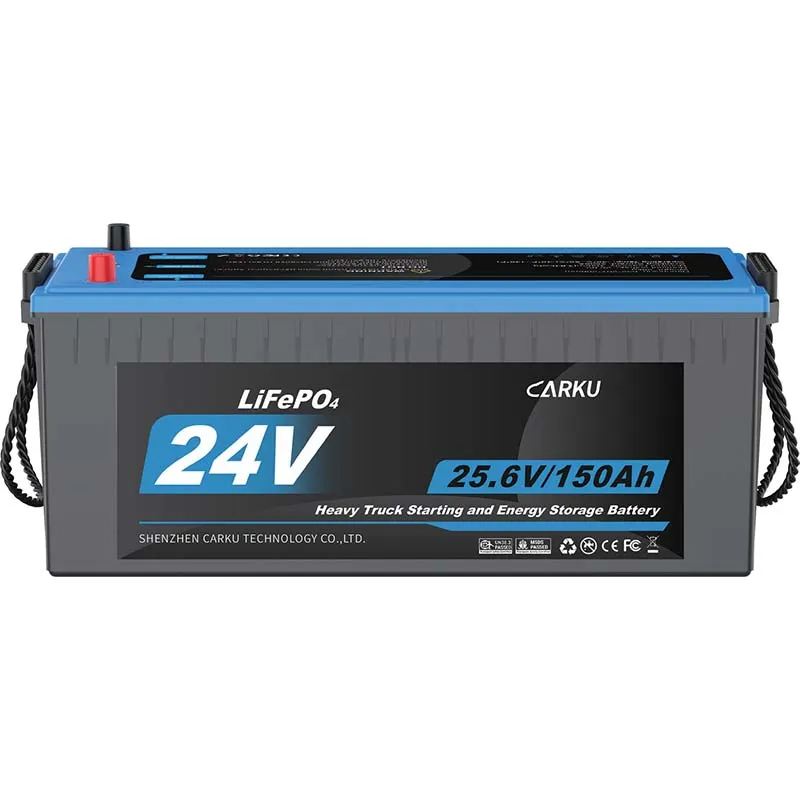
 Jump Starter ODM/OEM Solutions
Jump Starter ODM/OEM Solutions Portable Power Station ODM/OEM Solutions
Portable Power Station ODM/OEM Solutions Starting Battery ODM/OEM Solutions
Starting Battery ODM/OEM Solutions ABOUT CARKU
ABOUT CARKU STRENGTH FACTORY
STRENGTH FACTORY THE DEVELOPMENT HISTORY OF CARKU
THE DEVELOPMENT HISTORY OF CARKU CORE COMPETITIVENESS
CORE COMPETITIVENESS COMPANY CULTURE
COMPANY CULTURE QUALIFICATION
QUALIFICATION
 CARKU News
CARKU News CARKU Exhibitions
CARKU Exhibitions CARKU Battery Applications
CARKU Battery Applications



